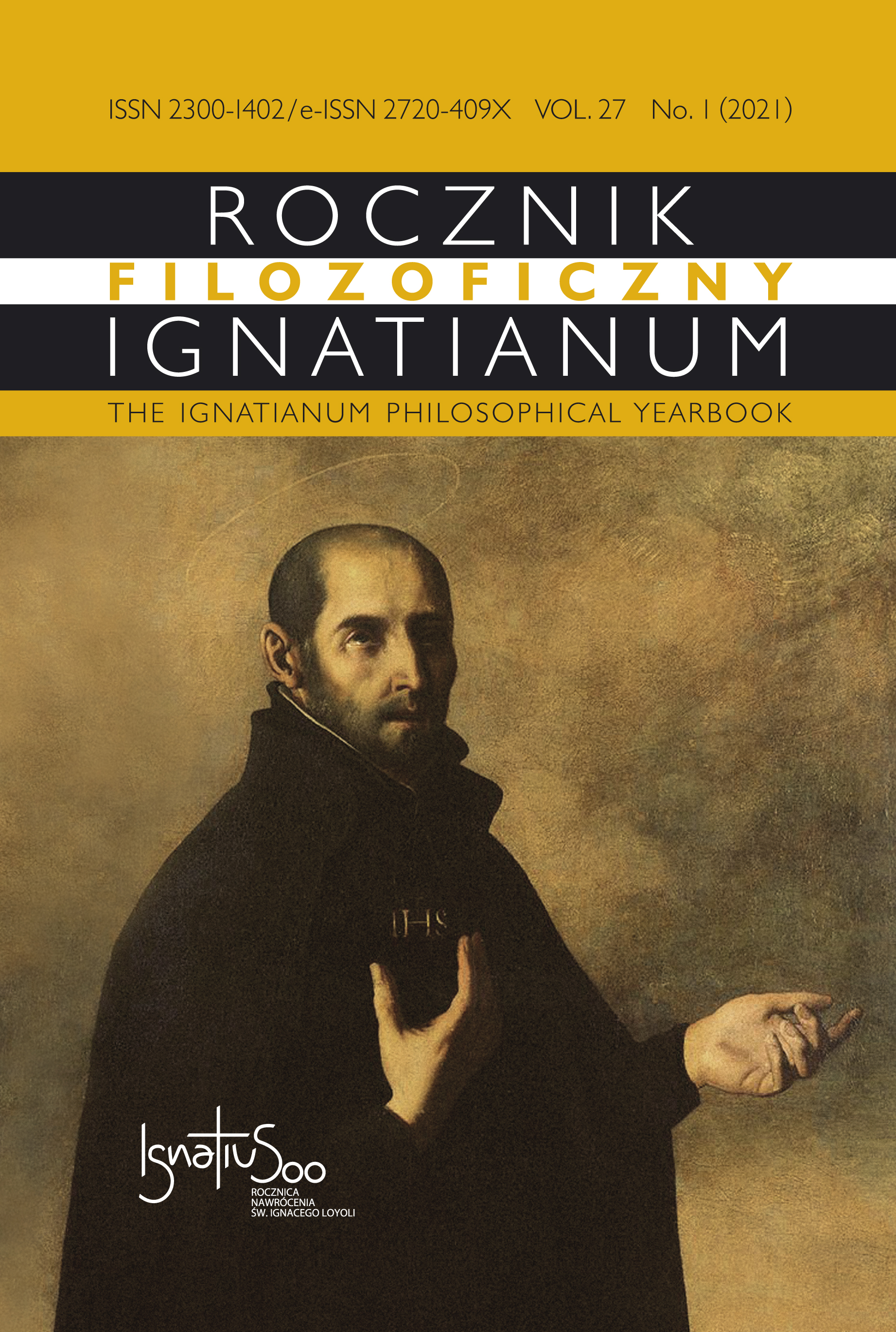“Two Worlds” of the Polish Diaspora
The Image of Poles Abroad in the Files of World Congress of Poles Abroad and the Polonia Society for Liaison with the Polish Community Abroad
Abstract
The emigration of Poles to various countries of the world over the past two centuries was a permanent phenomenon of political, social and economic significance. The state authorities of the Second Republic of Poland and the Polish People’s Republic, with the support of social factors, inspired the creation of organizations that would cooperate and take care of Poles abroad. The aim of this article is to analyze the contents of the files kept by the World Congress of Poles Abroad and the Polonia Society for Liaison with the Polish Community Abroad (Towarzystwo Łączności z Polonią Zagraniczną “Polonia”) kept in the AAN records collection with regard to the activity of the Polish emigration. The documentation produced and collected by the aforementioned organizations provides a sufficient basis for such analysis. It is, importantly, the essential basis of the research. So far, the literature has not explored the above-mentioned record collections from the point of view of archival science, focusing rather on the activities of the two organizations. However, these entities had to gather information about the Polish community in the world for the needs of the state and with the help of its structures, in terms of their organizational activity and personal dimension. Such purpose of the article and the explicit source basis of the study determined the research methodology. The methodology used was that of the historical sciences, especially the method of direct fact-finding, or, as others prefer, the inductive method. The two archival collections mentioned above contain a great deal of information about the activities of the Polish diaspora in the world. Some of these are strictly defined in specially designed surveys or reporting forms, others are informal, and still others yield fragmentary or incidental information. The thesis of the study of both collections was that they are the basis not only for the reconstruction of the organizational and programmatic activity of their authors, but also for showing many other aspects of the Polish diaspora’s activity.
Copyright (c) 2021 Jesuit University Ignatianum in Krakow

This work is licensed under a Creative Commons Attribution-NoDerivatives 4.0 International License.
The Yearbook only accepts materials for publication that are free of all conflicts of interest, and that in no way involve conflicts over authorship, copyright, etc. The Editors will take action against any cases of plagiarizing, ghostwriting1, guest/honorary authorship2, etc. Where co-authored work is concerned, the Author listed first is expected to take responsibility for the submission, and is required to make clear the contributions of all of the Co-Authors involved. In the event of the publication owing its existence to funding dedicated to this purpose, this fact should be made clear: e.g. in any note of thanks/acknowledgement, or in a footnote, etc. Explicit notification should be given of any form of reprinting, with the appropriate evidence of permission to publish being furnished as required. Any impropriety on the part of Authors/Reviewers risks exposing them to appropriate responses from the relevant institutions.
______
1 This term refers to instances of a person who has made an essential contribution being omitted from the list of authors, or from notes conveying gratitude and/or acknowledgement.
2 This occurs when a person who has made either an insignificant contribution or no contribution at all nevertheless appears on the list of authors.





